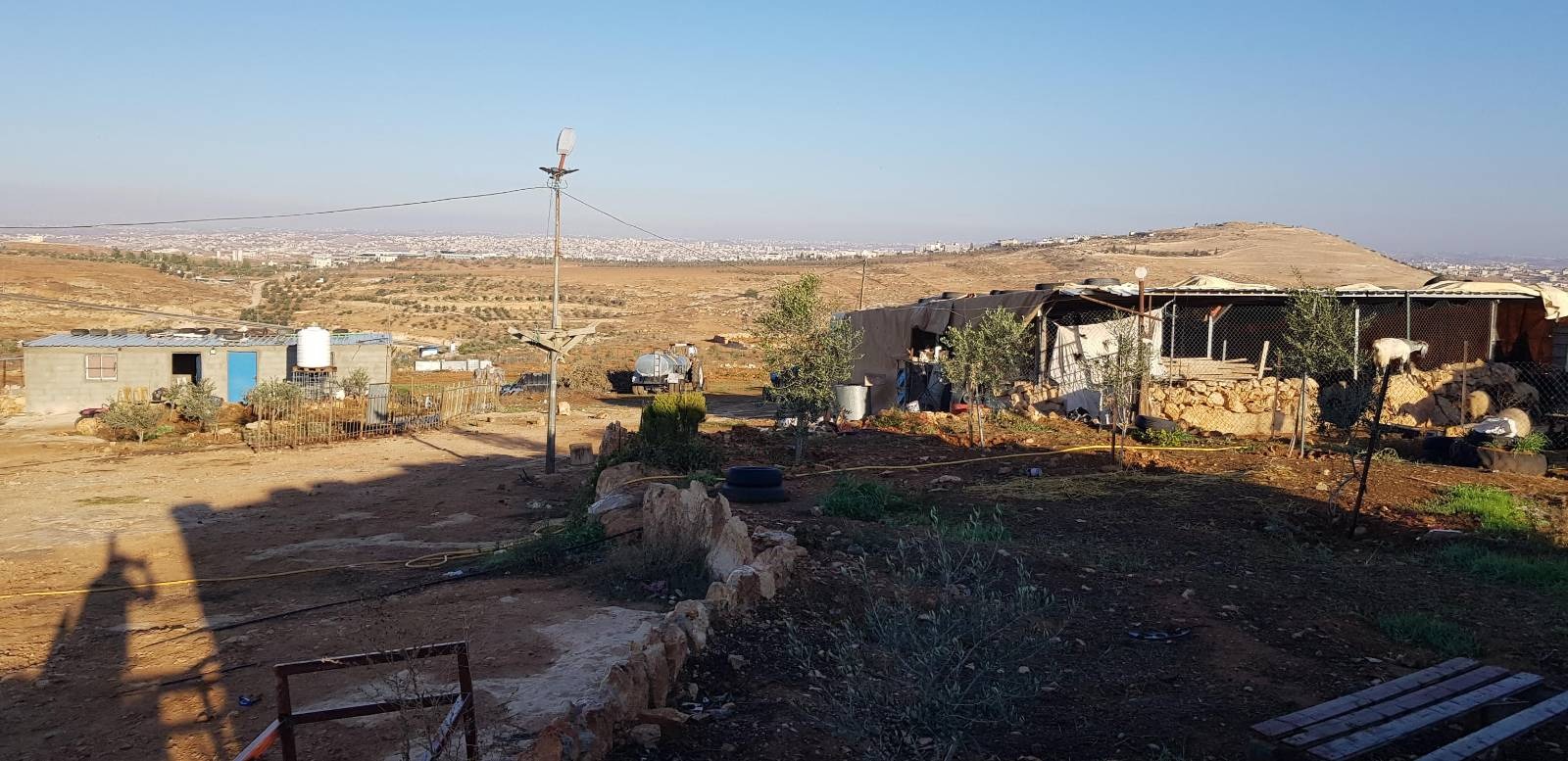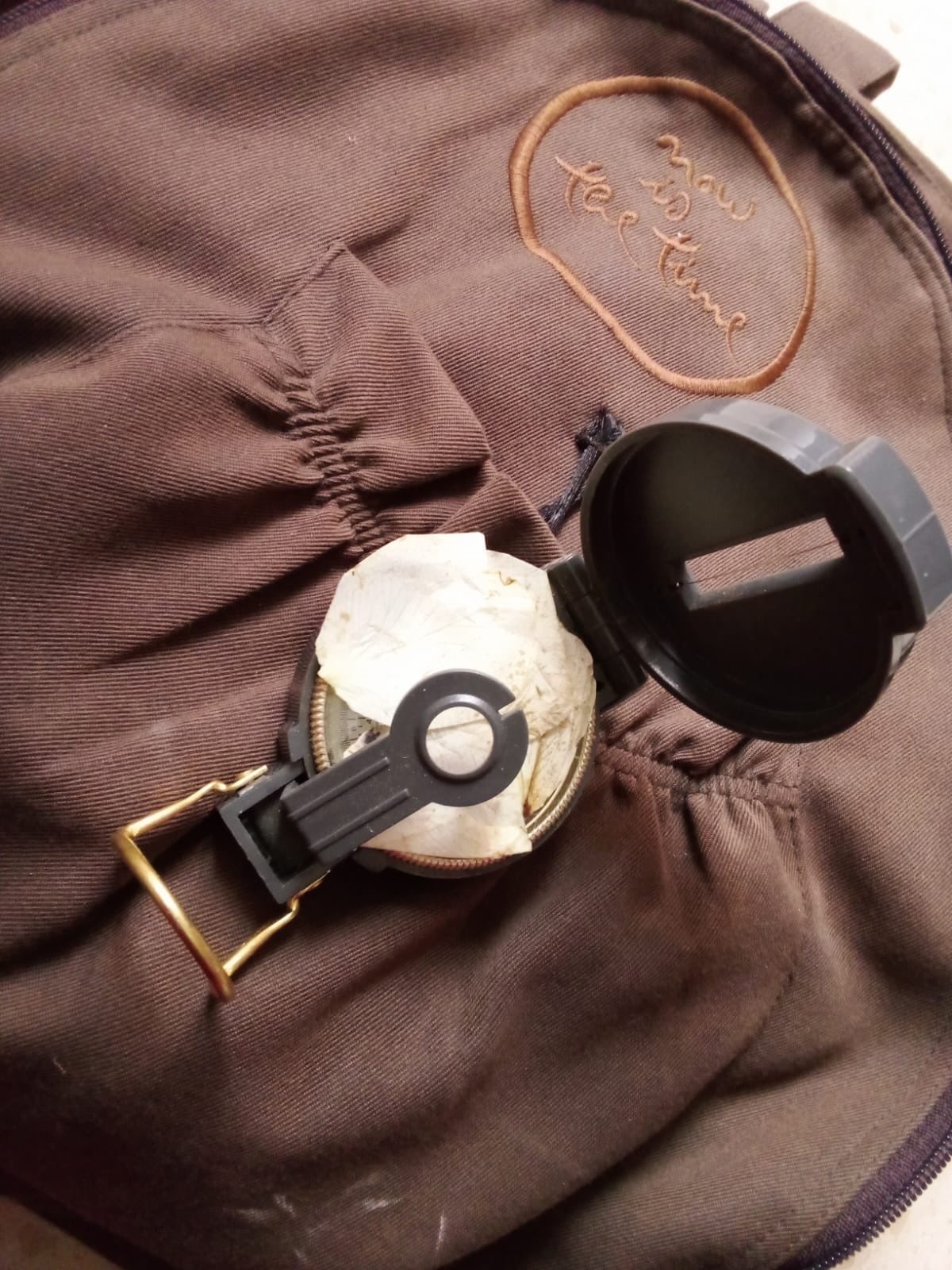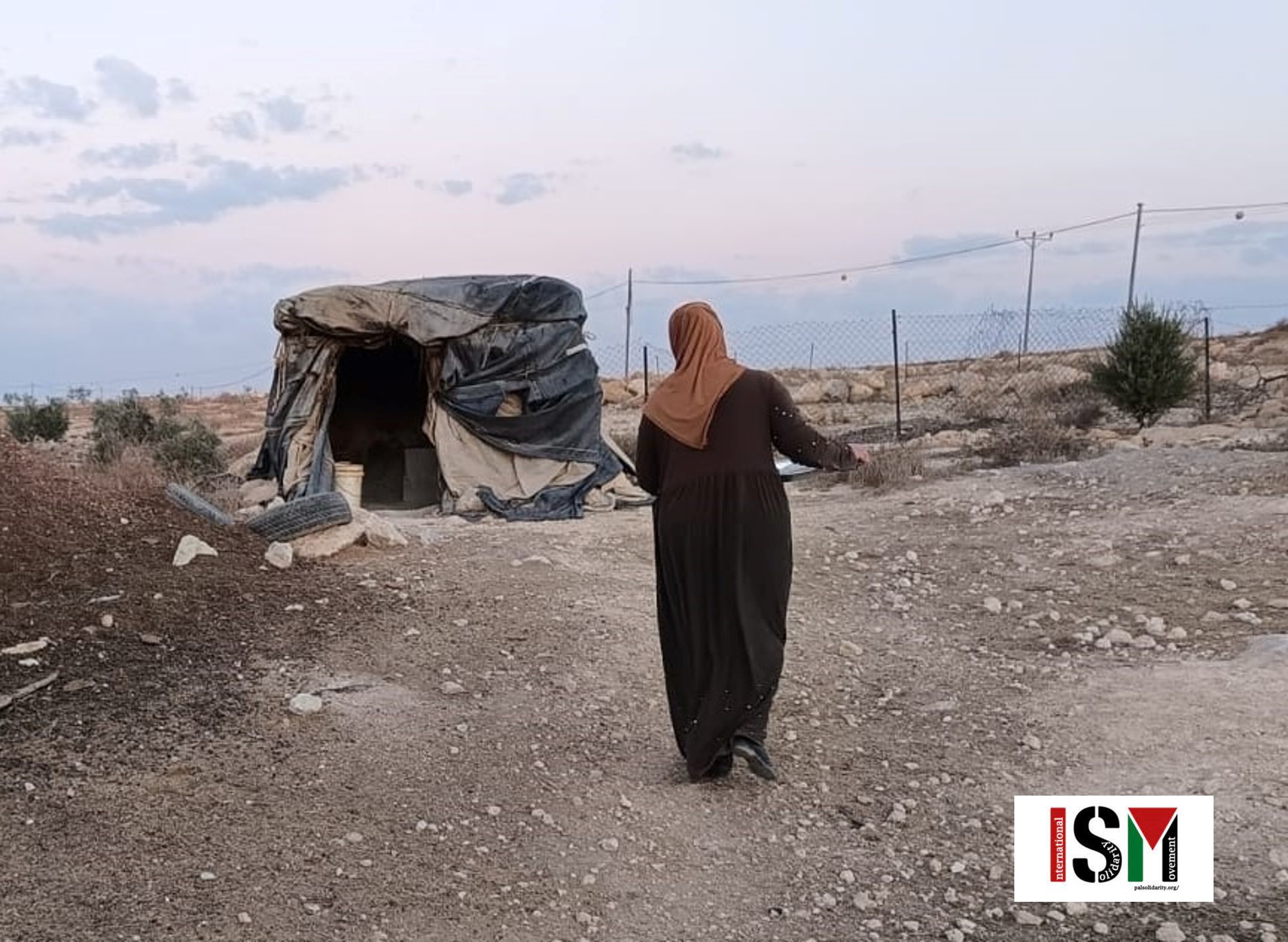Category: Journals
-
Masafer Yatta: Shi’b Al Butm villagers determined to stay on their land
16 November 2023 | International Solidarity Movement | Masafer Yatta Shi’b Al Butm is a village on the side of one of the South Hebron Hills. It is home to 18 Palestinian families with an illegal Israeli settlement close by, and a settler outpost sprouted by the main settlement even closer, very near the houses…
-
White Roses
When I came to Palestine, I brought with me a compass. And when I open it, covering up what would point me north to find my way is white rose petals. The White Rose Society was a group of people in the center of Nazi Germany who maintained their humanity amid the inhumanity around them…
-
Waiting for the sunrise in Susiya: messages from Masafer Yatta
This is a story based on texts exchanged over recent days with an international activist part of a group staying in Masafer Yatta, in occupied Palestine. They arrived recently in Susiya and they are staying in a homestead which is some distance away from other families living in the area. About 40 families with 100…



